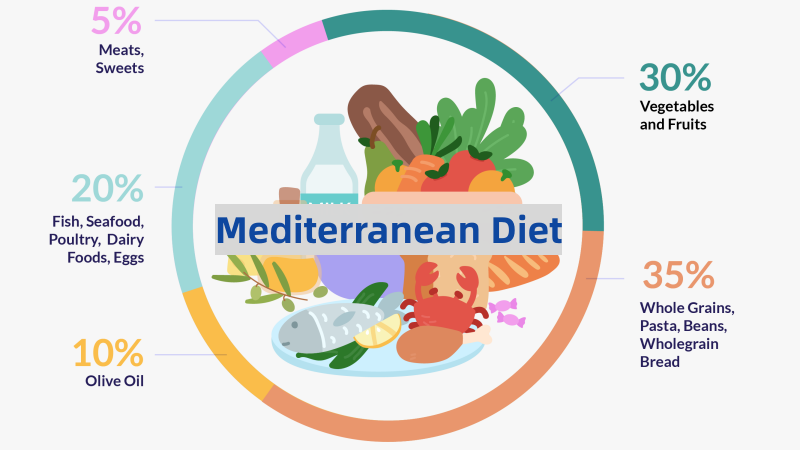Some people around you choose specific diets or restrictive diets for certain goals such as fitness and weight loss. Some “popular” weight loss diets are not healthy, and going off a “balanced” diet and pursuing a certain diet can be detrimental to health and lead to illness.
If one is trying to lose weight, then it is important to choose a popular weight loss diet plan that is suitable. However, many people are so focused on their new diet plan that they forget about the nutrients their body needs.
Learn about some common diets and their effects on the body below!

Ketogenic Diets
The ketogenic diet involves eating lots of ‘good’ fats to curb hunger while reducing carbohydrates and consuming moderate amounts of protein. However, few people realize that the ketogenic diet was originally designed to help people with epilepsy. Diets that advocate restricting carbohydrates, such as grains, sugars, pulses, rice, potatoes, and even most fruits, completely depart from the principle of food diversity.
As a result, people on a ketogenic diet are often deficient in certain vitamins and minerals that their bodies need to maintain basic functions. This can lead to low energy, increased hunger, sleep problems, nausea, digestive discomfort, and poor exercise performance.
The ketogenic diet may be an effective way to lose weight in the short term, but it is difficult to maintain in the long term. If you want to try a ketogenic diet, you may need to supplement your diet with supplements to replace the missing nutrients.

Low-carb Diets
Low-carb diets are safe and effective for most people with diabetes in the short term and help with weight loss, but there can be many health side effects to long-term adherence.
Carbohydrates are an important source of energy and without them, side effects such as headaches, muscle aches, and constipation can occur. Not having enough fiber can also affect normal bowel function. To replace the body’s energy deficit, protein and fat need to be consumed. A diet high in protein and fat can also put a burden on the kidneys, which can cause disease in the long term.
Mediterranean Diet
The Mediterranean diet is rich in vegetables, fruits, nuts, pulses, grains, fish, and unsaturated fats, such as olive oil. The Mediterranean diet allows for a small intake of meat and dairy products, making it a healthy diet choice for weight loss that is particularly good for the heart.
Eating fish twice a week, preferably fat-rich fish, will supplement your diet with omega-3 fatty acids. If your weight loss diet is deficient in omega-3s, you may experience fatigue, memory loss, dry skin, heart problems, mood swings or depression, and poor blood circulation.

Vegetarian Diets
In recent years, there has been a trend towards plant-based vegetarian diets, but vegetarians may be deficient in many of the nutrients their bodies need.
A plant-based diet is rich in most nutrients, but if you choose a vegetarian diet that avoids animal foods altogether, you may be deficient in vitamin D, vitamin B12, iodine, and selenium, which your body needs. Vitamin B12 is particularly important for energy and metabolism, and deficiencies can lead to fatigue, anemia, and nerve damage. Animal foods are the main source of vitamin B12 for most people. Vitamin B12 deficiency can affect the central nervous system and the body’s ability to produce red blood cells, which carry oxygen to the body.







